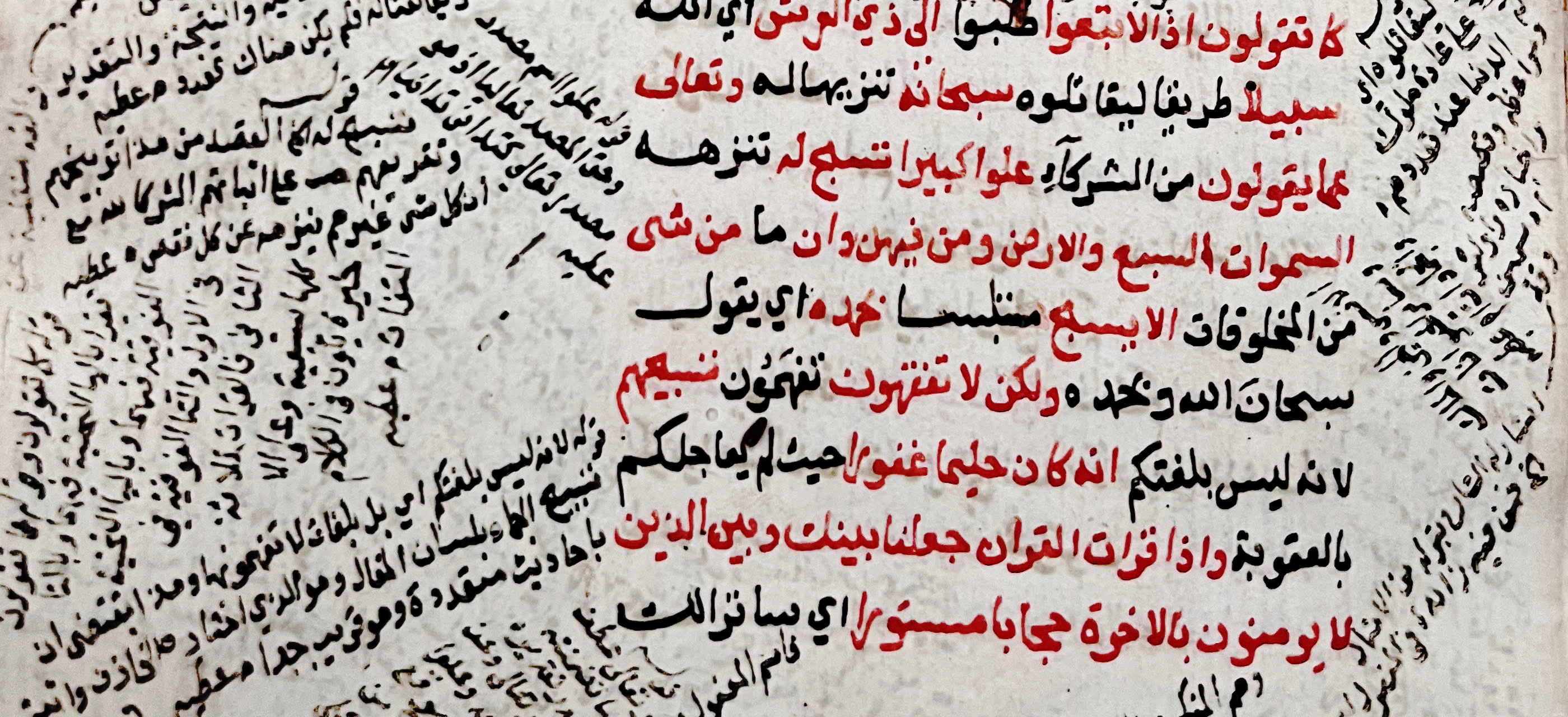Reading Ibāḍī Women’s Legacies through Stone Town’s Built Environment
Contenu
- Titre
- Reading Ibāḍī Women’s Legacies through Stone Town’s Built Environment
- Créateur
- Wortmann, Kimberly T. Voir tous les contenus avec cette valeur
- Date
- 2021
- Dans
- Islamic Africa Voir tous les contenus avec cette valeur
- Résumé
- This article explores how women of means in nineteenth-century Zanzibar used their built legacies to convey their piety and authority even though they were not active in public religious life. The focus of the study is an old Ibāḍī mosque named after its founder, ‘Aisha bint Jumʻa al-Mughayri, and the tombstone of her younger female relative Muhayra bint Jumʻa al-Mughayri. While the details of the two women’s lives, works and property do not appear prominently in the written record of Zanzibar, this article asks what we can glean about their religious and economic commitments from the built legacies and religious endowments they left behind, as well as from the writings of their male contemporaries, British colonial officials and their descendants. The article also demonstrates how the conservation and upkeep of historic religious institutions in Zanzibar today depends greatly on collaborations between local family members, state institutions and transnational faith-based organizations (fbos).
- Langue
- eng
- volume
- 12
- numéro
- 1
- pages
- 1-26
- Titre abrégé
- Islam. Afr.
- doi
- 10.1163/21540993-01201001
- issn
- 0803-0685, 2154-0993
Wortmann, Kimberly T., “Reading Ibāḍī Women’s Legacies through Stone Town’s Built Environment”, 2021, bibliographie, consulté le 18 septembre 2024, https://ibadica.org/s/bibliographie/item/23614
Position : 2023 (10 vues)

